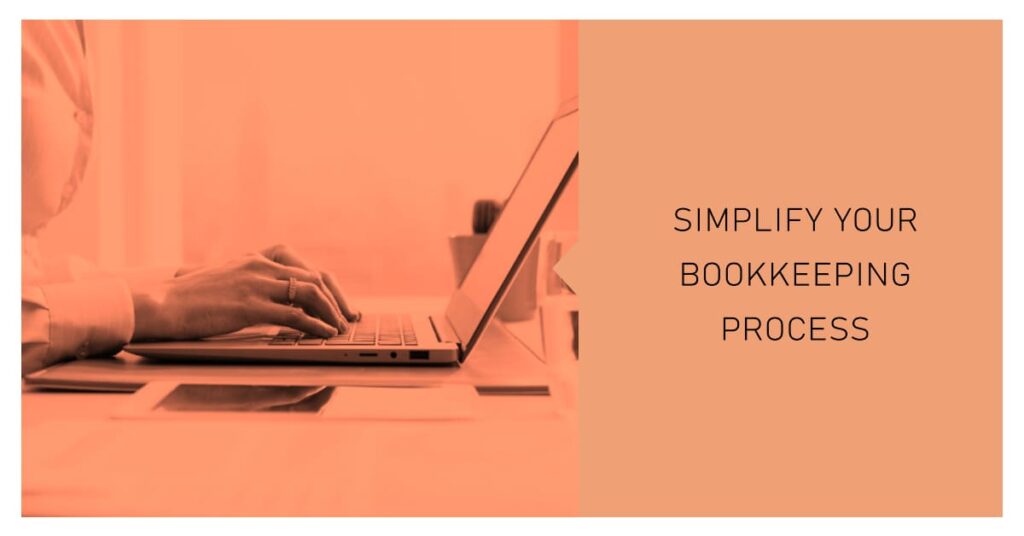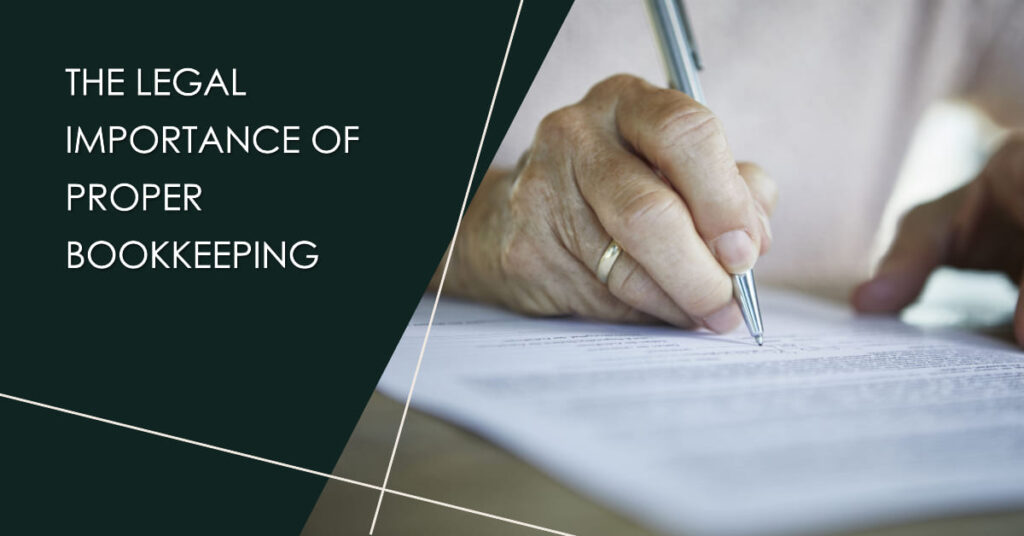Understanding Bookkeeping for Freelancers and Self-Employed Individuals
Bookkeeping is the process of recording, organizing, and managing financial transactions related to a business. As a freelancer or self-employed individual, it is important to have a good understanding of bookkeeping in order to keep track of your income and expenses and to ensure that you are meeting your tax obligations.
There are several key concepts that you should be familiar with when it comes to bookkeeping. These include:
- Income: This includes all of the money that you earn from your business, including sales, fees, and other forms of revenue.
- Expenses: These are the costs associated with running your business, such as rent, utilities, equipment, and supplies.
- Assets: These are the items that you own that have value, such as cash, equipment, and property.
- Liabilities: These are the debts that you owe, such as loans or credit card balances.
- Equity: This represents the net worth of your business, which is calculated by subtracting your liabilities from your assets.
Understanding these concepts will help you to better track your financial transactions and make informed decisions about your business. It is also important to keep accurate and detailed records, as this will make tax preparation much easier and can help you to identify areas where you can save money or increase revenue.
Tracking Income and Expenses
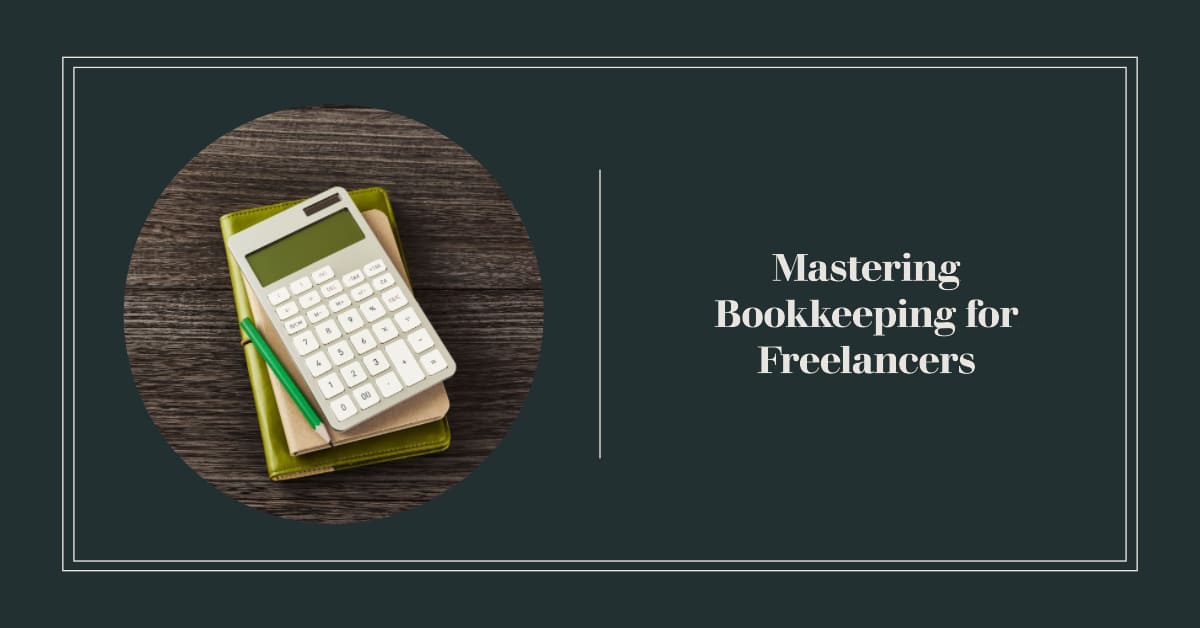
Tracking your income and expenses is one of the most important aspects of bookkeeping for freelancers and self-employed individuals. By keeping detailed records of your financial transactions, you can better manage your cash flow, prepare accurate tax returns, and identify areas where you can improve your profitability.
To track your income and expenses, you can use a variety of tools and methods, including:
- Accounting Software: There are many accounting software programs available that are specifically designed for small businesses and self-employed individuals. These programs allow you to easily record income and expenses, generate invoices, and create financial reports.
- Spreadsheets: If you prefer to use a more basic tool, you can create a spreadsheet to track your income and expenses. This can be done using a program like Microsoft Excel or Google Sheets. You can create separate tabs or sheets for different categories of income and expenses, such as sales, supplies, and utilities.
- Bank and Credit Card Statements: Your bank and credit card statements can be a valuable source of information when it comes to tracking your income and expenses. You can use these statements to identify transactions that need to be recorded in your accounting system or spreadsheet.
When tracking your income and expenses, it is important to be consistent and accurate. Make sure that you record all transactions in a timely manner, and keep all of your receipts and invoices organized and easily accessible. You should also reconcile your accounts regularly to ensure that your records match your bank and credit card statements.
By keeping accurate records of your income and expenses, you can better manage your finances and make informed decisions about your business.
Managing Invoices and Payments
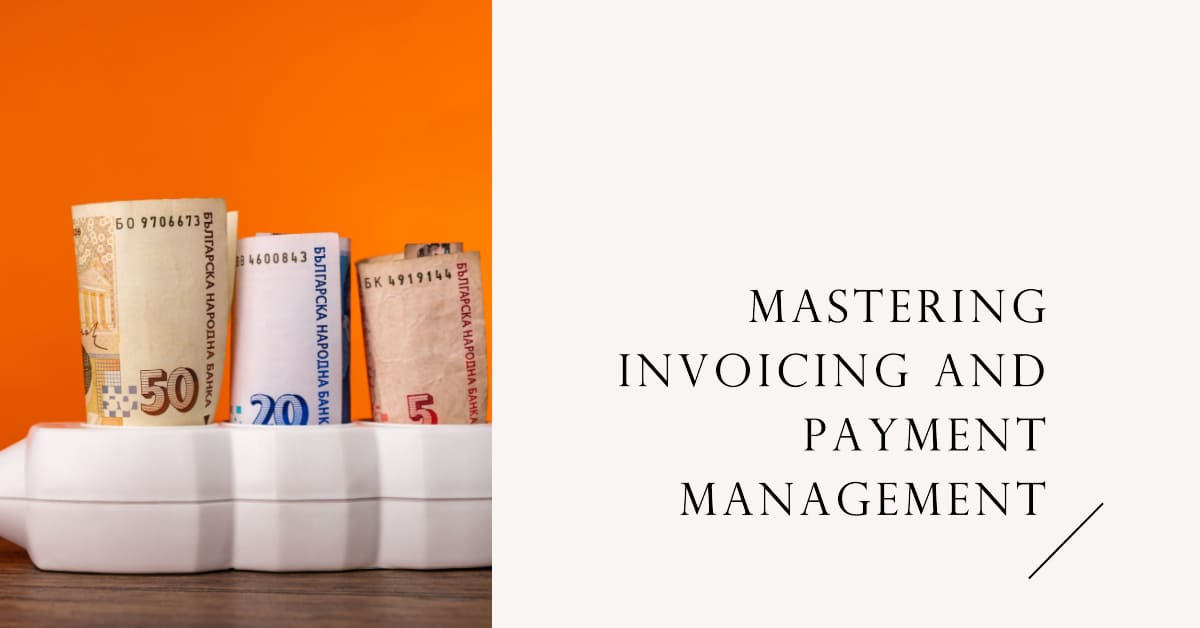
Managing invoices and payments is another important aspect of bookkeeping for freelancers and self-employed individuals. Proper management of invoices and payments ensures that you get paid on time, helps you keep track of your income, and makes it easier to reconcile your accounts.
Here are some tips for managing invoices and payments effectively
- Create Professional Invoices: A professional-looking invoice is more likely to be paid on time. Use a template or accounting software to create an invoice that includes all the necessary details, such as your name or business name, contact information, payment terms, and a detailed description of the products or services you provided.
- Set Payment Terms: Be clear about your payment terms and expectations. This can include the payment due date, any late fees or penalties, and your preferred payment method.
- Send Invoices Promptly: Send your invoices as soon as possible after completing the work or delivering the product. This helps to ensure that your clients remember the details of the job and are more likely to pay on time.
- Follow Up on Late Payments: If a payment is late, don’t be afraid to follow up with the client. Send a polite reminder and ask if there is anything you can do to help facilitate the payment.
- Record Payments Accurately: When you receive a payment, make sure to record it accurately in your accounting system or spreadsheet. This helps you keep track of your income and makes it easier to reconcile your accounts.
By managing your invoices and payments effectively, you can improve your cash flow, reduce the risk of unpaid invoices, and ensure that you are getting paid what you are owed for your work.
Recording and Reconciling Transactions
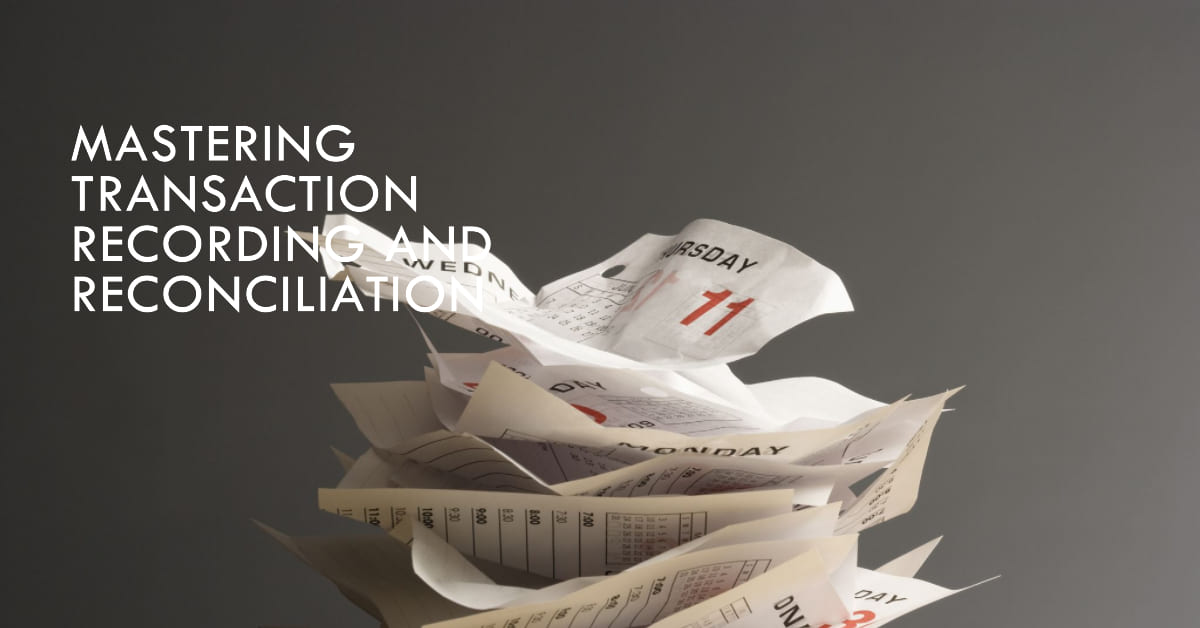
Recording and reconciling transactions is a crucial part of bookkeeping for freelancers and self-employed individuals. By accurately recording all financial transactions, you can keep track of your income and expenses and ensure that your financial records are up to date. Reconciling your accounts helps you to identify any errors or discrepancies and make corrections.
Here are some tips for recording and reconciling transactions:
- Record Transactions Regularly: Make sure to record all financial transactions as soon as possible, preferably on a daily or weekly basis. This helps to ensure that your records are accurate and up to date.
- Categorize Transactions Correctly: Assign each transaction to the correct category, such as income, expenses, or assets. This makes it easier to generate financial reports and helps you to understand where your money is going.
- Reconcile Your Accounts: Reconciling your accounts involves comparing your financial records to your bank and credit card statements to ensure that everything matches up. This helps you to identify any errors or discrepancies and make corrections.
- Use Accounting Software: Accounting software can automate the process of recording and reconciling transactions, making it faster and more efficient. Choose a program that is designed for small businesses and self-employed individuals, and make sure to learn how to use it properly.
- Keep Accurate Records: Keep all of your financial records organized and easily accessible. This includes receipts, invoices, and other documents related to your financial transactions.
By recording and reconciling transactions regularly and accurately, you can ensure that your financial records are up-to-date and accurate. This can help you make better financial decisions and avoid errors or discrepancies that could lead to problems down the line.
Budgeting and Forecasting
Budgeting and forecasting are essential components of bookkeeping for freelancers and self-employed individuals. A budget helps you plan and manage your finances by setting goals for your income and expenses, while a forecast allows you to project future financial performance based on past trends and expected changes.
Here are some tips for budgeting and forecasting effectively:
- Set Realistic Goals: When creating a budget or forecast, it is important to set realistic goals based on your past performance and expected income and expenses. Avoid overestimating your income or underestimating your expenses, as this can lead to inaccurate results.
- Track Actual Performance: Monitor your actual income and expenses against your budget or forecast regularly. This allows you to make adjustments as necessary and keep your financial plan on track.
- Use Historical Data: Use past financial data to help you create a budget or forecast. Look at trends in your income and expenses and use this information to project future performance.
- Be Flexible: Be prepared to adjust your budget or forecast as circumstances change. Unexpected expenses or changes in income can impact your financial plan, so it is important to be flexible and adaptable.
- Use Accounting Software: Accounting software can help you create and manage your budget and forecast more easily. Look for a program that allows you to track your actual performance against your plan and make adjustments as necessary.
By budgeting and forecasting effectively, you can better manage your finances, plan for the future, and make informed business decisions. This can help you to achieve your financial goals and build a successful freelance or self-employed career.
Tax Preparation and Planning
Tax preparation and planning are important aspects of bookkeeping for freelancers and self-employed individuals. By staying on top of your tax obligations and planning ahead, you can avoid penalties, minimize your tax liability, and ensure that you are compliant with tax laws.
Here are some tips for tax preparation and planning:
- Keep Accurate Records: Keep all of your financial records organized and up to date. This includes receipts, invoices, bank statements, and other documents related to your income and expenses. Accurate record-keeping makes it easier to prepare your tax returns and ensures that you don’t miss any deductions or credits.
- Understand Your Tax Obligations: As a self-employed individual, you are responsible for paying your own taxes, including income and self-employment taxes. Make sure you understand your tax obligations and deadlines and set aside money throughout the year to cover your tax liability.
- Take Advantage of Deductions and Credits: There are many deductions and credits available to self-employed individuals, such as the home office deduction, business expenses, and retirement contributions. Make sure you are taking advantage of all the tax breaks available to you.
- Consult with a Tax Professional: Consider working with a tax professional, such as an accountant or tax preparer, to help you prepare your tax returns and plan for the future. A tax professional can help you minimize your tax liability and ensure that you are in compliance with tax laws.
- Plan for Quarterly Estimated Taxes: As a self-employed individual, you are required to pay quarterly estimated taxes to the IRS. Plan ahead and set aside money each quarter to cover your estimated tax payments.
By staying on top of your tax obligations and planning ahead, you can avoid penalties, minimize your tax liability, and ensure that you are compliant with tax laws. This can help you to maximize your earnings and build a successful freelance or self-employed career.
Streamlining Bookkeeping with Technology
Technology can be a powerful tool for streamlining bookkeeping for freelancers and self-employed individuals. With the right tools and software, you can automate many aspects of bookkeeping, save time, and reduce the risk of errors.
Here are some ways you can streamline your bookkeeping with technology:
- Use Accounting Software: Accounting software can help you automate many aspects of bookkeeping, including invoicing, expense tracking, and bank reconciliations. Choose a program that is designed for small businesses and self-employed individuals and that integrates with your other business tools.
- Implement Cloud-Based Solutions: Cloud-based solutions allow you to access your financial data from anywhere, and to collaborate with others in real-time. This can be especially helpful for teams or remote workers.
- Automate Invoicing and Payment Processing: Many accounting software programs allow you to automate invoicing and payment processing, saving you time and ensuring that you get paid on time. You can set up recurring invoices, auto-reminders, and even automate late fees.
- Use Receipt Scanning and Management Tools: Receipt scanning and management tools allow you to digitize your receipts and store them in the cloud. This makes it easier to keep track of your expenses and eliminates the need for paper receipts.
- Integrate with Other Business Tools: Integrating your accounting software with other business tools, such as project management software or time tracking apps, can help you streamline your workflow and reduce the risk of errors.
By leveraging technology, you can streamline your bookkeeping and focus on the core aspects of your business. This can help you save time, reduce the risk of errors, and ensure that your financial records are accurate and up to date.
Hiring a Bookkeeper or Accountant
Hiring a bookkeeper or accountant can be a smart move for freelancers and self-employed individuals who want to focus on their core business activities and leave the bookkeeping to a professional. Here are some things to consider when hiring a bookkeeper or accountant:
- Services Offered: Make sure you understand the services offered by the bookkeeper or accountant you are considering. Some may specialize in bookkeeping, while others may provide a broader range of accounting services, such as tax preparation and financial planning.
- Experience and Credentials: Look for a bookkeeper or accountant with experience working with self-employed individuals or small businesses. You may also want to consider their credentials, such as certifications or licenses.
- Communication and Availability: You want to work with a bookkeeper or accountant who is responsive and easy to communicate with. Consider their availability and responsiveness when evaluating potential candidates.
- Fees and Pricing: Ensure you understand the bookkeeper or accountant’s fee structure and pricing. Some may charge by the hour, while others may offer fixed-fee packages. Consider your budget and the level of service you require when evaluating pricing.
- Compatibility: It’s important to work with a bookkeeper or accountant who is a good fit for your business. Consider their communication style, approach to bookkeeping, and overall compatibility when making your decision.
Ultimately, the decision to hire a bookkeeper or accountant will depend on your needs and budget. Working with a professional can help you save time, reduce the risk of errors, and ensure that your financial records are accurate and up to date, which can be essential for the success of your business.
Tips for Maintaining Good Bookkeeping Practices
Maintaining good bookkeeping practices is essential for the success of freelancers and self-employed individuals. Here are some tips to help you stay on top of your bookkeeping and ensure that your financial records are accurate and up to date:
- Set Up a Dedicated Bookkeeping System: Set up a dedicated system for bookkeeping, such as accounting software or a spreadsheet. This will help you keep your financial records organized and make it easier to stay on top of your bookkeeping tasks.
- Keep Accurate Records: Make sure to keep accurate and up-to-date records of all your income and expenses. This includes keeping track of receipts, invoices, and bank statements.
- Separate Business and Personal Expenses: Keep your business and personal expenses separate, as this will make it easier to track your business expenses and reduce the risk of errors.
- Reconcile Accounts Regularly: Reconcile your accounts regularly, such as every month or quarter. This will help you identify errors and ensure that your financial records are accurate.
- Stay Up to Date on Tax Obligations: Stay up to date on your tax obligations, such as filing deadlines and payment requirements. This will help you avoid penalties and reduce the risk of errors on your tax returns.
- Schedule Regular Bookkeeping Time: Set aside dedicated time each week or month to focus on your bookkeeping tasks. This will help you stay on top of your bookkeeping and avoid falling behind.
- Review Financial Reports Regularly: Review your financial reports regularly, such as your profit and loss statement and balance sheet. This will help you track your business’s financial health and make informed decisions about your finances.
By following these tips, you can maintain good bookkeeping practices and ensure that your financial records are accurate and up to date. This can help you make informed business decisions, reduce the risk of errors, and set your business up for success.

